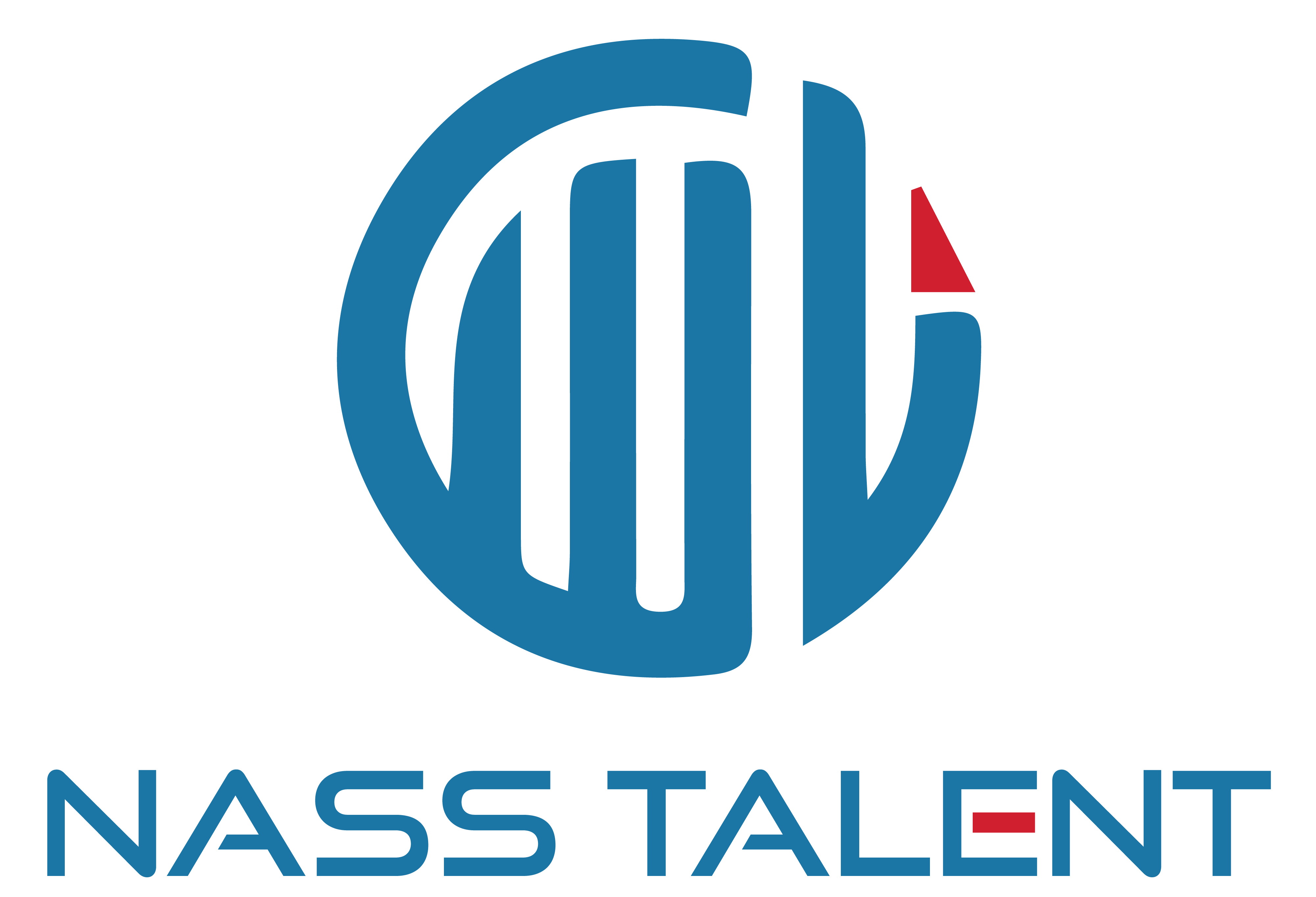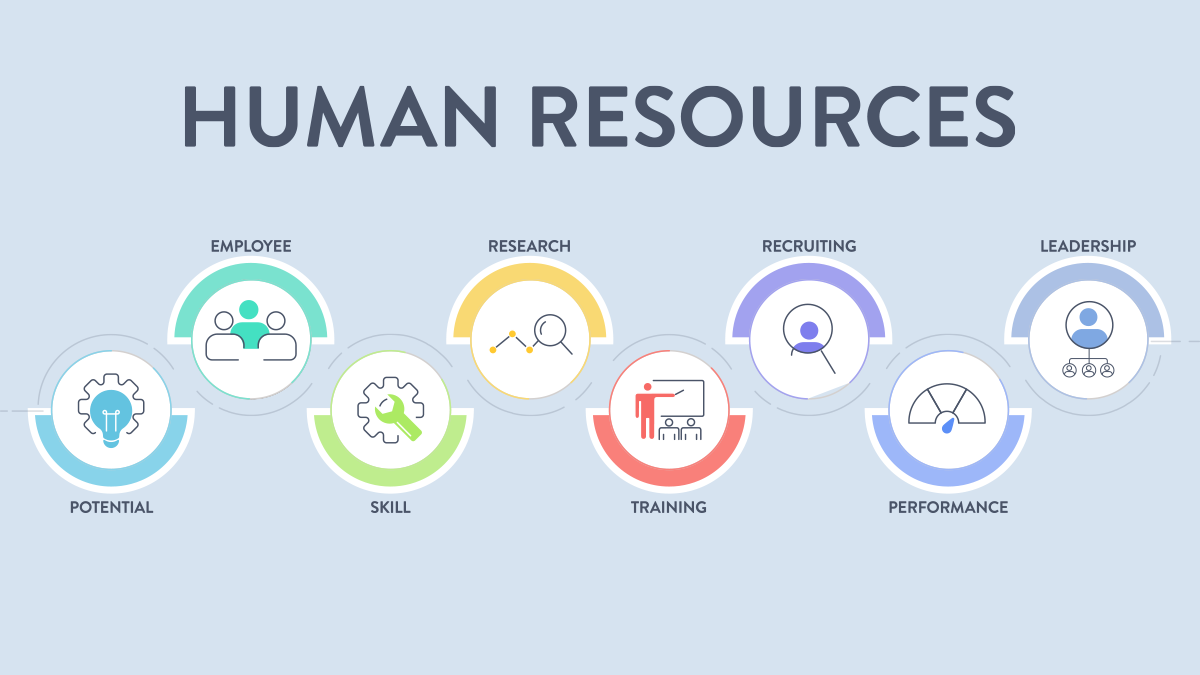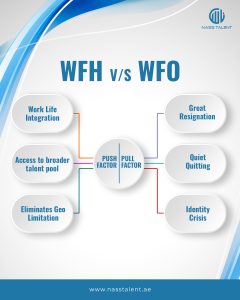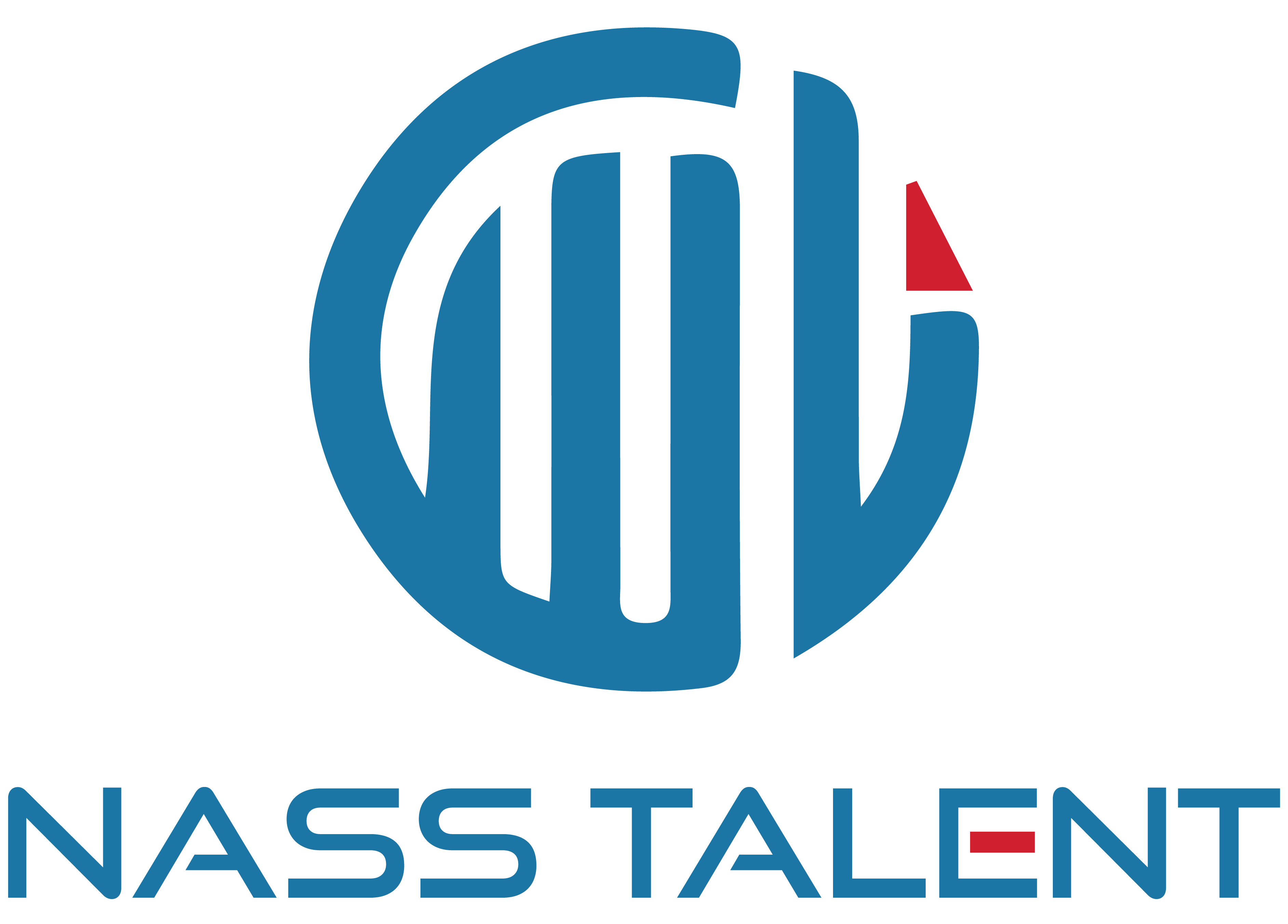How to Transform Talent Acquisition from a Strategic to a Sustainable Human Resource Function

Welcome, readers, to our new edition of NT Flash, an e-newsletter dedicated to both aspiring and seasoned HR professionals.
Among all the functions in an organization, Human Resources (HR) remains crucial in today’s dynamic business environment. The success of HR is often correlated with its ability to attract, acquire, grow, and retain talent. Attracting talent is no easy job, as it depends on the employer brand equity that an organization possesses. Organizations adopt various methodologies to attract talent, some of which succeed while many do not. The reason being, only a few organizations understand and appreciate the value of employer brand and strive to benchmark it. Many organizations, however, cannot reach that level due to various economic and non-economic pressures. This article aims to help readers understand the basics of talent, the importance of talent acquisition, the strategic elements involved, and how to make this function sustainable.
This explanation is summarized into three parts. The first part (in this issue) explains the meaning and clear understanding of the word “talent.” The second part will delve into strategic methods used by organizations for successful talent acquisition. The third part will outline a roadmap for transforming the strategic function of talent acquisition into a sustainable one. The second and third parts will be released in our upcoming issues.

What is Talent?
Organizations are entities with acquired resources like capital, people, space, and tools (including AI). None of these resources, except people, can deliver results on their own. The only resource that can manage all other resources is people. People possess unique characteristics based on Knowledge, Skill, Attitude, and Abilities (KS2A), which can be harnessed according to market demands. The capability of an individual to utilize this blend of KS2A is called talent. Talent is both relative and subjective in many aspects. To understand this concept better, let’s conduct a meta-analysis.
Talent Components: KS2A
Talent, as defined above, is a combination of four main components: knowledge, skill, attitude, and ability (KS2A). Let’s delve into these in detail.
Knowledge
This comprises formal and informal educational wisdom, including ethics, moral, and societal values acquired throughout an individual's lifetime. Core knowledge is usually formed during the early stages of life through formal education, while informal wisdom is gained through societal interactions, attending meetings, hearing speeches, participating in events, and following media.
Skill
This includes an individual’s selective, collective, demonstrative, and executive ability to perform tasks in given situations. Knowledge remains unproductive unless the individual has the skill to apply it effectively. Skills encompass the ability to select from available knowledge or experience to react or proact in a situation, demonstrating and executing tasks competently.
Attitude
This includes emotions, beliefs, and behaviors toward specific objects, people, things, or events. Attitude is influenced by the affective (feelings), behavioral (reactions), and cognitive (perceptions) components. It significantly impacts talent and is often the hardest aspect of talent management.
Ability
This is recognized by an individual’s potential to handle situations according to needs. Ability integrates knowledge, skill, and attitude to act effectively in various situations.
After understanding these components, we can appreciate the characteristics of talent and the need for conducive HR policies and practices.

Characteristics of Talent
Talent is proportional to individual effort
Talent depends on an individual’s urge, effort, and persistence. Higher attributes lead to higher talent and vice versa. It's important to have talent on board that actively contributes rather than merely being present.
Talent grows with a growth mindset
Attitude influences talent significantly. Organizations foster a growth mindset to create opportunities for internal talent growth, fostering learning opportunities and confidence in facing challenges.
Talent is nourishable, rejuvenable, and regenerable
Talent is dynamic and can be nurtured through adaptive learning, rejuvenated with opportunities, and regenerated through systemic motivation.
Talent is not a commercial commodity
Talent cannot always be acquired for economic gains. It needs more than just monetary compensation, including growth opportunities, a positive environment, and recognition.
Let’s continue our discussion in our next edition, where we talk about strategic talent acquisition.









